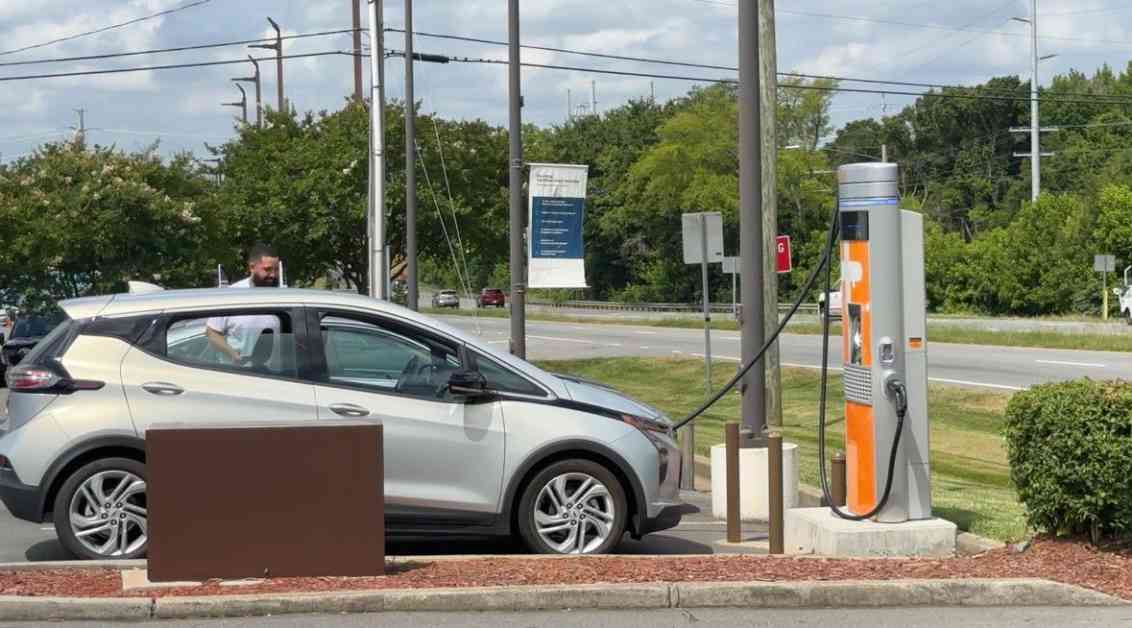Electric vehicles (EVs) are becoming increasingly popular in the United States, with almost 1.4 million cars sold in 2023. However, questions arise about how these vehicles perform in extreme weather conditions, especially in hot temperatures. A recent study by Recurrent revealed that while EVs generally function well in hot weather, they can lose up to 30% of their total range in extremely high temperatures.
Sal Mendoza-Santos, a parts and production manager at Speed Street Collison Center in North Carolina, emphasized the importance of taking precautions to mitigate potential issues with EVs during hot weather. He advised against charging the vehicle in extreme heat as it can accelerate wear and tear on the main battery. Mendoza-Santos suggested charging in shaded areas or at night to prevent damage.
Despite concerns about the impact of heat on EVs, many drivers remain optimistic about their vehicles’ performance. Reginald Bratton, a new EV owner, expressed satisfaction with his car’s performance so far, but he acknowledged potential battery degradation in extremely hot weather. Walter Schulze, another EV driver, praised the reliability of electric cars and emphasized that hot weather does not pose a significant problem for his vehicle.
While some drivers have reservations about the effects of extreme heat on EVs, it is essential to consider strategies to maintain optimal performance. Regular maintenance, charging in appropriate conditions, and monitoring battery health are crucial steps to safeguarding EVs from heat-related issues. As the popularity of electric vehicles continues to rise, understanding how to navigate extreme weather conditions is essential for maximizing the longevity and efficiency of these eco-friendly cars.
















